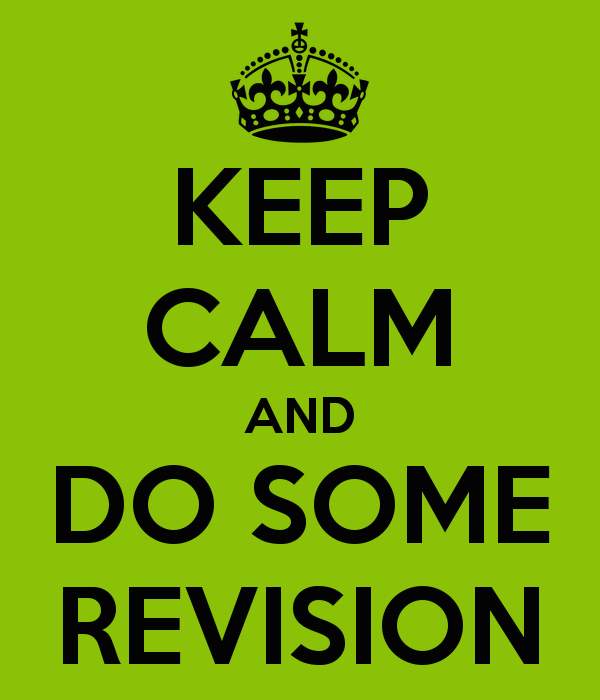Writing a Rhetorical Critique
The first time you write a rhetorical analysis, it may seem almost impossible, but there are some basic steps to help make it a bit easier. Take a moment and watch the video. It has lots of good tips and strategies for writing a rhetorical analysis. When you start your essay, you need to introduce the writer, subject, audience purpose, and occasion just like you would any time you introduce one person to another. For example, if you were at a BBQ you might say something like, "This is Professor David Whalen, Provost of Hillsdale College, a Liberal Arts school, and we were just talking about an online essay he wrote in response to G.W. Thielman. Thielman published an article stating that colleges and universities should favor STEM education over the Liberal Arts. If you are someone who believes in the Liberal Arts, or in STEM, or anyone who ever has an argument, you would probably be interested in what he has to say." That statement introduces the writer, subject, audi...




